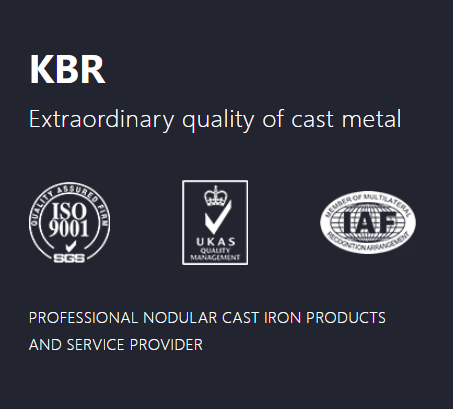Casting is the most widely used. It is a method of pouring liquid metal into a casting cavity, and then getting a blank or part of a certain shape after it cools and solidifies. The proportion of liquid forming parts in machinery and equipment is very large, and the liquid forming parts in machine tools, internal combustion engines, mining machinery and heavy machinery account for 70% to 90% of the total weight; 50%~70% in the car; It accounts for 40% to 70% of agricultural machinery. The liquid forming process can be so widely used because it has the following advantages: (1) it can produce a blank with a very complex internal cavity. Such as various boxes, machine tool bed, cylinder body, cylinder head, etc. (2) Large process flexibility and wide adaptability. The size of the liquid forming part is almost unlimited, its weight can be from a few grams to several hundred tons, and its wall thickness can be from 0.5mm to about 1m. Any metal material that can be dissolved into liquid in industry can be used for liquid forming.
For cast iron with poor plasticity, liquid forming is the only way to produce its blanks or parts. (3) The cost of liquid forming parts is low. Liquid forming can directly use waste parts and chips, and the equipment cost is low. At the same time, the liquid forming part processing allowance is small, saving metal. However, the process of metal liquid forming is many, and it is difficult to accurately control, which makes the casting quality is not stable enough. Compared with forgings of the same material, defects such as shrinkage holes, porosity and porosity are easy to occur inside due to loose structure and coarse grains in liquid forming. Its mechanical properties are low. In addition, the labor intensity is large and the conditions are poor. With excellent mechanical and physical properties, it can have a variety of different strength, hardness, toughness with comprehensive performance, but also have one or more special properties, such as wear resistance, high and low temperature resistance, corrosion resistance.
The weight and size range of castings are very wide, the lightest weight is only a few grams, the heaviest can reach 400 tons, the wall thickness of the thinnest is only 0.5 mm, the thickest can exceed 1 meter, the length can be from a few millimeters to more than 10 meters, can meet the requirements of different industrial sectors.
use
The use of castings is very wide, has been used in hardware and the entire mechanical and electronic industry, and its use is becoming an expanding trend. Specifically used in construction, hardware, equipment, construction machinery and other large machinery, machine tools, ships, aerospace, automobiles, locomotives, electronics, computers, electrical appliances, lamps and other industries, many are ordinary people all day long contact, but do not understand the metal objects.
Menu


